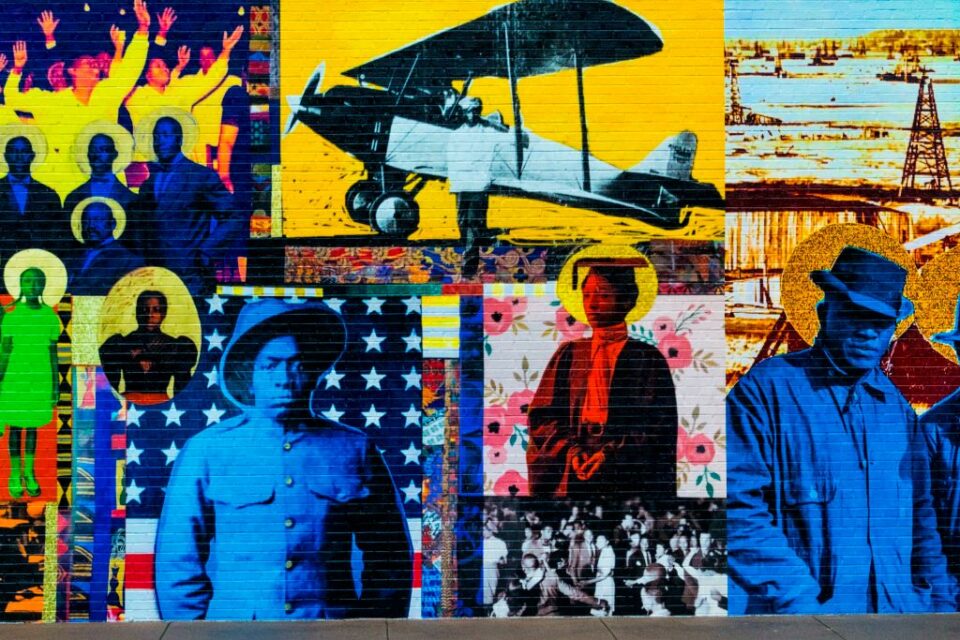
September 4, 2024
ImpactTulsa Secures $3.6M Investment To Boost Economic Mobility for 15K Youth By 2030
The $3.6 million investment from StriveTogether will helps push Tulsa's youth toward economic mobility.
Tulsa’s rich Black history carries significant weight in the community, but one organization is committed to moving the needle forward to empower the city’s youth.
According to The Black Wall Street Times, ImpactTulsa has received a $3.6 million investment from StriveTogether to place 15,000 Tulsa youth on the path to economic mobility by 2030.
“Since April 2014, we have been working with our community partners to drive equitable outcomes in the Tulsa community,” said Ashley Phillipsen, ImpactTulsa’s executive director. “By bringing together people and organizations, leading strategic collaborations through our MBK Model Community Milestone tables and place-based working groups, and harnessing the power of actionable data insights, we are primed to make our goal a reality. We are excited about the opportunity this investment will enable as we work to shift the policies, practices, resources, and power to support Tulsa youth.”
With economic mobility within the United States declining, Opportunity Insights research anticipates that only half of today’s children will surpass their parents’ income levels. As a result, ImpactTulsa has connected itself to various partners to focus on kindergarten readiness, early grade reading, middle school math, high school graduation, postsecondary enrollment, postsecondary completion, and employment—all key factors that lead to economic mobility.
By 2030, ImpactTulsa wants to place 15,000 more youth on the path to economic mobility; the investment from StriveTogether will help do that. ImpactTulsa is a member of StriveTogether Cradle to Career Network, a nationwide initiative “committed to ensuring that every child, no matter their race, ethnicity, zip code or circumstance, has the opportunity to thrive in school and life.”
Once a bustling community of Black professionals and entrepreneurs, Tulsa earned the nickname “Black Wall Street” due to its Greenwood District neighborhood where Black residents built a self-sufficient community filled with thriving Black businesses, including grocery stores, hotels, and pharmacies.
The term “buying Black” originated in Tulsa, which, due to segregation, was a means of survival for the Black people who resided in the Oklahoma city. In 1921, the population in Greenwood included roughly 10,000 people, and the district was considered one of the nation’s preeminent Black communities.
That same year, however, the Tulsa Race Massacre changed the trajectory of the city’s history forever. Still known as one of the nation’s worst race massacres, the event completely upended the lives and livelihoods of Black Tulsans, wiping out thousands of homes and causing roughly $1.5 million worth of damages.
The tragic events still impact on the city. In 2020, the last three known survivors of the massacre, along with other plaintiffs, filed a lawsuit against the City of Tulsa and other agencies to seek reparations.
RELATED CONTENT: Tulsa Proposes Reparations Program For 1921 Massacre Survivors And Descendants